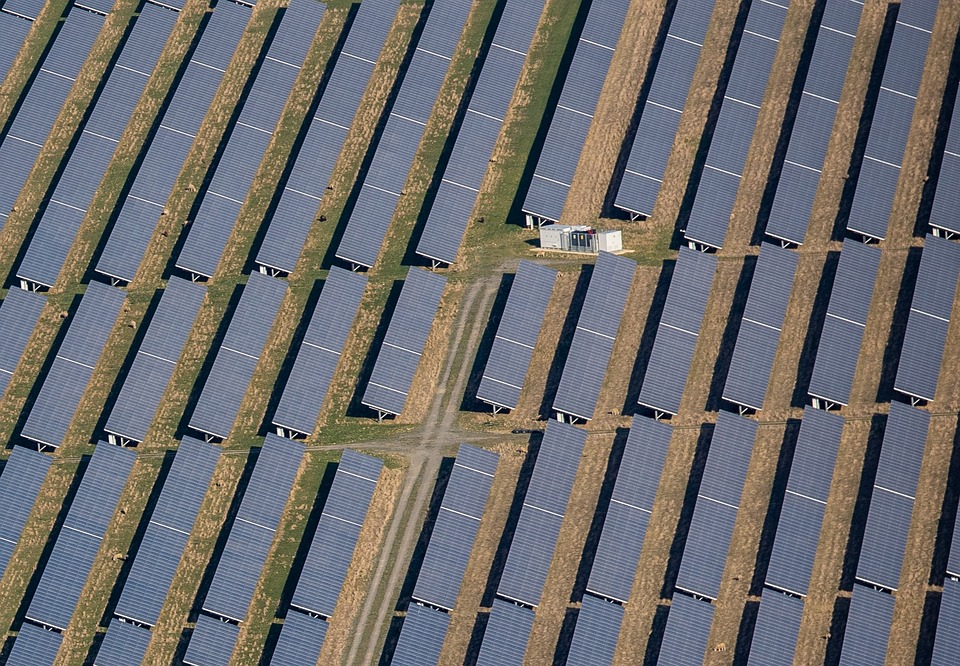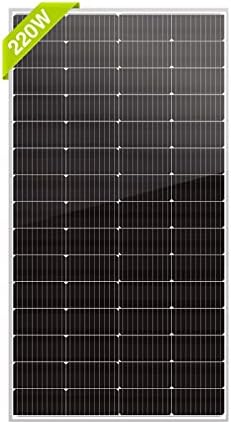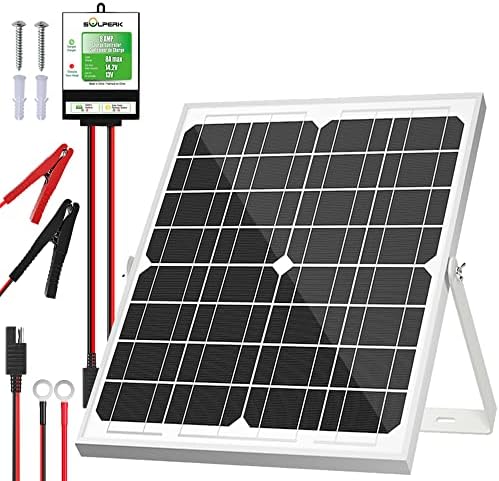Living off the grid has been one of the most rewarding experiences of my life. It has taught me to be self-sufficient, resourceful, and environmentally conscious. One of the key components of living off the grid is generating your own electricity, and solar panels have been a game-changer in this regard. However, with so many different types of solar panels on the market, it can be overwhelming to decide which is right for you. In this article, I will break down the different types of solar panels and help you determine which one is best suited for your off-grid lifestyle.
When it comes to solar panels, there are three main types to choose from: monocrystalline, polycrystalline, and thin-film. Each type has its own unique characteristics and benefits, so it’s important to understand the differences before making a decision.
Monocrystalline solar panels are known for their high efficiency and sleek design. They are made from a single crystal structure, which allows them to generate more power in less space compared to other types of solar panels. This makes them ideal for off-grid systems where space may be limited. However, monocrystalline panels tend to be more expensive than other types, so they may not be the best choice for those on a tight budget.
Polycrystalline solar panels are another popular option for off-grid living. They are made from multiple silicon crystals, which makes them slightly less efficient than monocrystalline panels but also more affordable. Polycrystalline panels are a great choice for those looking to balance cost and efficiency in their off-grid system.
Thin-film solar panels are the third type of solar panel to consider. These panels are made by depositing a thin layer of photovoltaic material onto a substrate, which makes them lightweight and flexible. Thin-film panels are not as efficient as monocrystalline or polycrystalline panels, but they are often cheaper and more versatile. They can be used in a variety of off-grid applications, such as on boats or RVs.
When deciding which type of solar panel is right for you, it’s important to consider factors such as efficiency, cost, and space constraints. If you have limited space and are willing to invest in high-quality panels, monocrystalline panels may be the best option for you. If you are on a budget and have more space to work with, polycrystalline panels may be a better fit. And if you need a lightweight and flexible solution, thin-film panels could be the way to go.
In addition to choosing the right type of solar panel, there are a few pro tips to keep in mind when setting up your off-grid solar system. First, make sure to properly angle your solar panels to maximize sun exposure and efficiency. This may require installing a tracking system that adjusts the panels throughout the day to follow the sun’s path. Second, regularly clean and maintain your solar panels to ensure they are operating at peak performance. Dirt, dust, and debris can reduce the efficiency of your panels, so it’s important to keep them clean. Finally, consider investing in a battery backup system to store excess energy generated by your solar panels. This will allow you to power your off-grid lifestyle even when the sun isn’t shining.
In conclusion, choosing the right type of solar panel is a crucial decision for anyone living off the grid. By considering factors such as efficiency, cost, and space constraints, you can determine which type of panel is best suited for your off-grid lifestyle. Whether you opt for monocrystalline, polycrystalline, or thin-film panels, investing in solar power is a sustainable and environmentally friendly choice that can provide you with reliable electricity for years to come.



